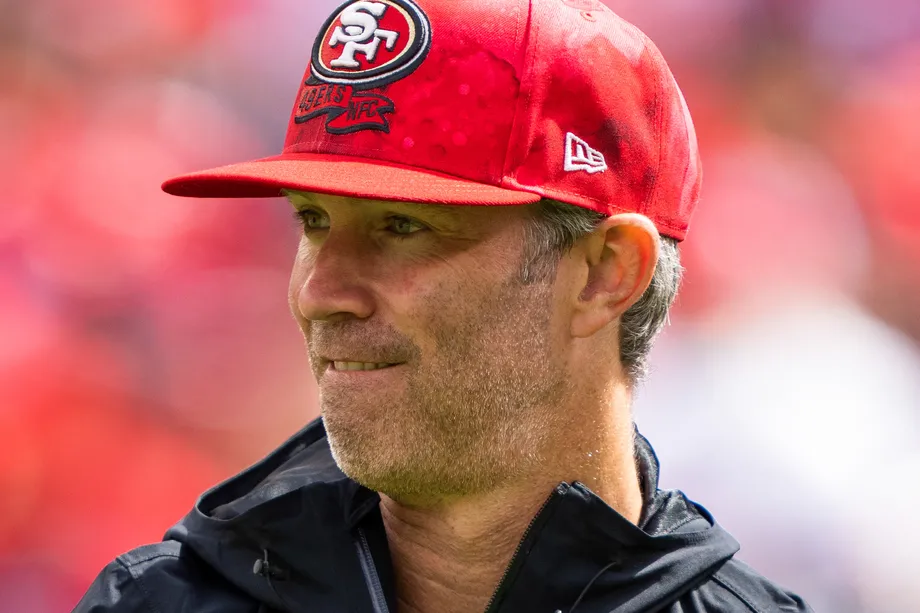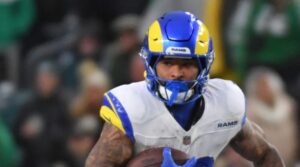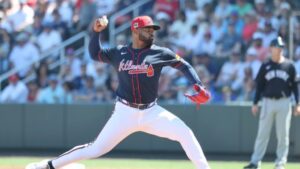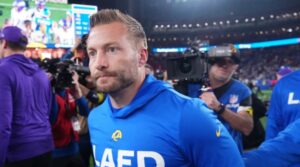
The San Francisco 49ers attempted to quell speculation by promoting Nick Sorensen, previously their defensive pass game coordinator and nickels coach, to the role of defensive coordinator. This move aimed to address an internal gap after opting for an external hire last offseason with Steve Wilks. Alongside Sorensen’s promotion, the 49ers also brought on Brandon Staley, formerly with the Los Angeles Chargers, as a defensive specialist following his consideration for the defensive coordinator position.
Last season, despite interviewing numerous candidates, the 49ers ultimately selected Steve Wilks, who transitioned from his role as interim head coach of the Carolina Panthers and brought a background in coaching defensive backs—a first for the 49ers’ defensive coordinator position. While the team experienced an increase in interceptions, they faced defensive struggles toward the end of the season, including in the playoffs leading up to the Super Bowl. The decision to potentially part ways with Wilks after the Super Bowl highlighted underlying issues between him, head coach Kyle Shanahan, and the players.
The 49ers have a track record of swiftly moving on from mismatches, whether with players or coaches, as demonstrated by their handling of Wilks. However, their choice for defensive coordinator last offseason, and subsequent promotion of Sorensen, appears to have been a misstep that has now been exacerbated.
In hiring Wilks last offseason, the 49ers sought not only a shift in defensive philosophy but also deliberately avoided considering their internal candidates. Their prior hire, DeMeco Ryans, who had been promoted from linebackers coach, proved to be an excellent choice. Despite initial challenges, Ryans evolved into one of the league’s top defensive coordinators. His success ultimately led to him being hired as a head coach by the Houston Texans last offseason.
Ryans’ success with the 49ers stemmed from patience and accountability, as he openly acknowledged and addressed his early challenges as defensive coordinator. Over time, particularly in his second season, Ryans demonstrated notable growth in his ability to disguise coverages and execute well-timed blitzes, even for a team that predominantly relied on its four down linemen for pass rush.
In 2022, the 49ers’ defense under Ryans excelled across various key metrics, establishing itself as the league’s premier unit. This defensive prowess propelled the team deep into the playoffs, despite facing multiple quarterback changes mid-season.
Overall, Ryans’ journey epitomized the process of learning from initial setbacks and finding his rhythm as a first-time playcaller. His adaptation and development culminated in a highly successful 2022 season and ultimately earned him a head coaching opportunity.
The critical oversight lies in not promoting Sorensen last offseason. Shanahan should have displayed the confidence in Sorensen then, recognizing the team’s narrow window to contend for a Super Bowl with its current roster. By making this decision earlier, Sorensen would have had a similar adjustment period as Ryans, enabling him to evolve and improve as a playcaller from year to year.
Instead, by opting for Wilks, Shanahan effectively wasted one of those two valuable years, while also intensifying the pressure on a first-time playcaller to deliver results. Additionally, there’s another individual within the organization with prior playcalling experience, creating further uncertainty about Sorensen’s position.
While the situation isn’t irreparable, Sorensen faces a challenging path to success given the circumstances of the past two years. Nonetheless, there remains hope that he can revitalize the 49ers’ defense and guide them back to their previous levels of success.
/cdn.vox-cdn.com/uploads/chorus_image/image/73187383/usa_today_19136378.0.jpg)





